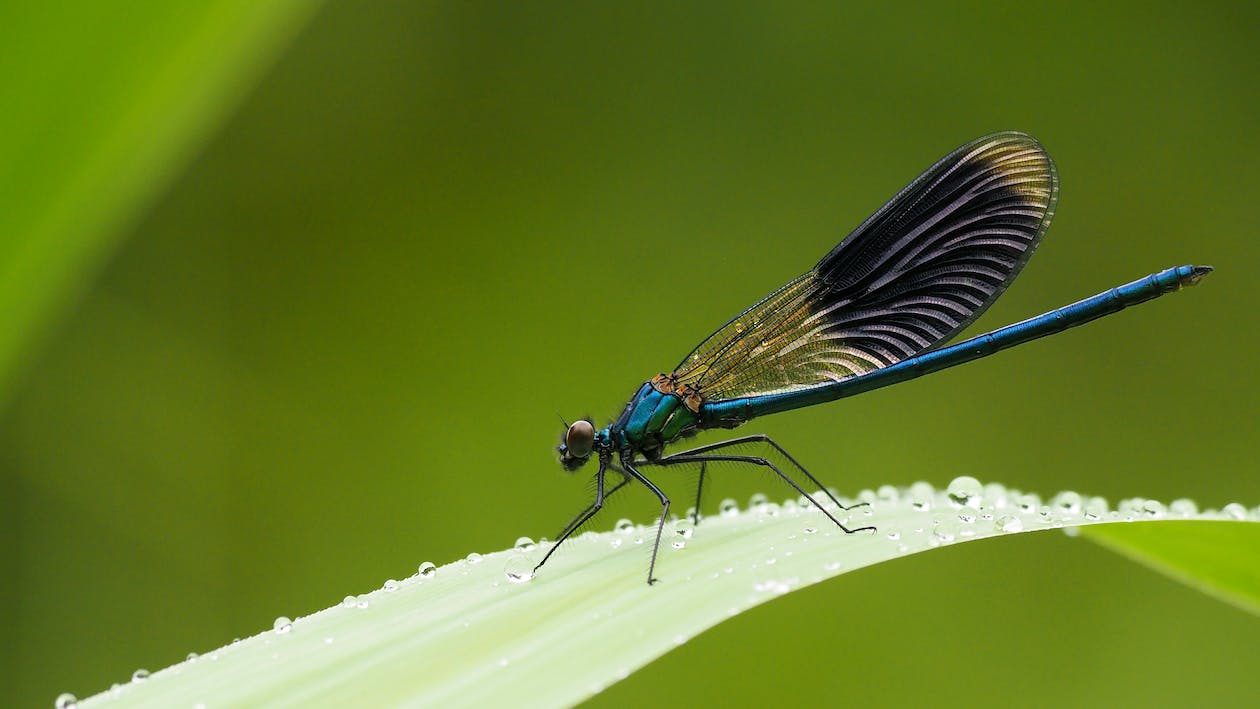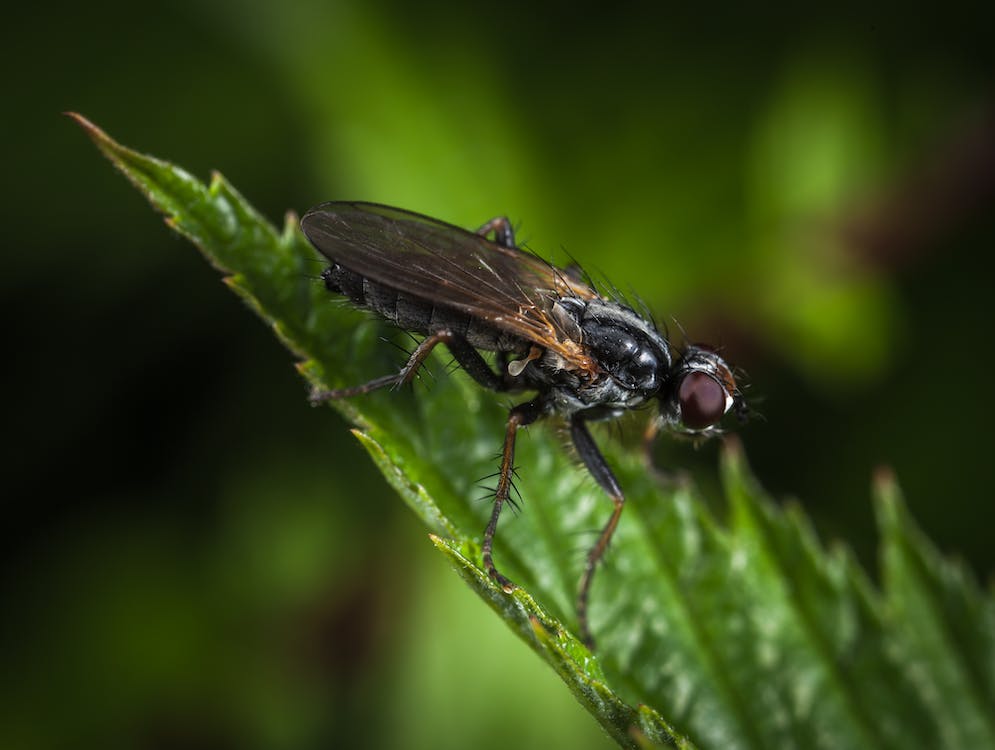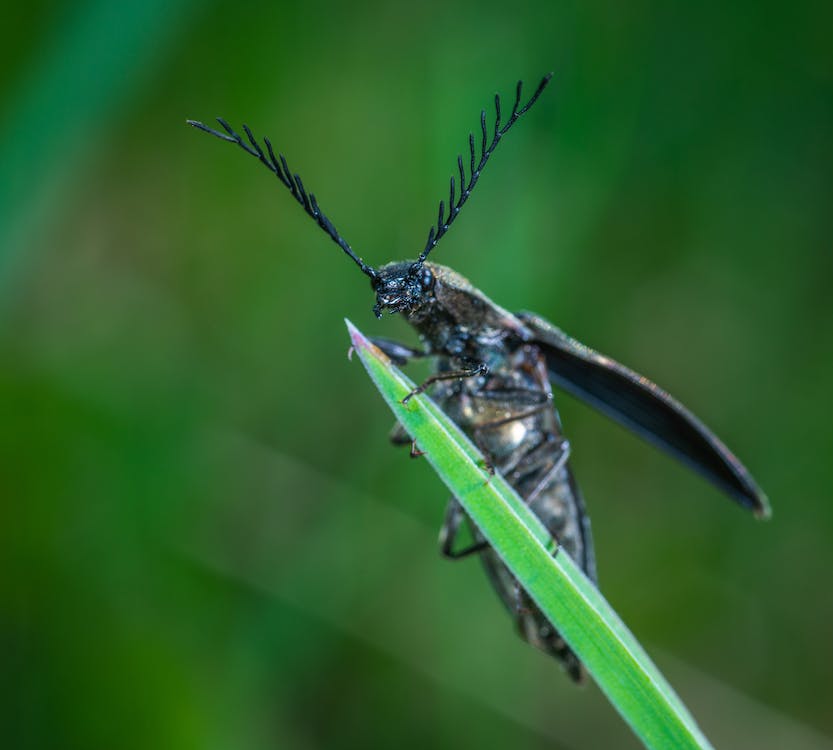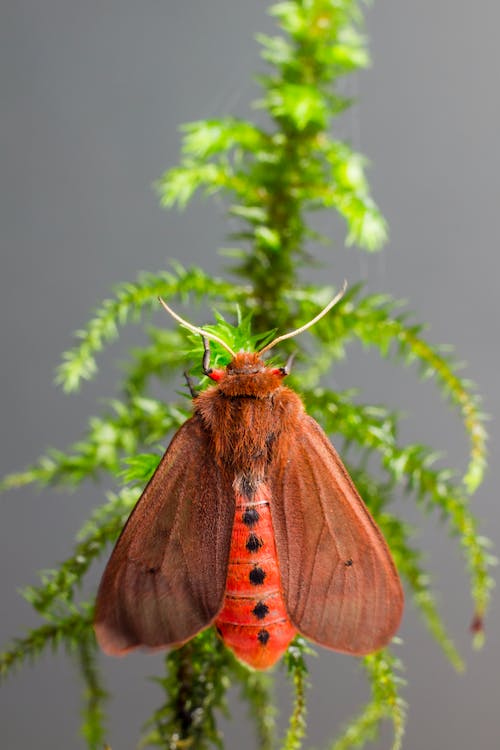Entomology is the scientific study of insects, a diverse group of animals that constitute the majority of known living species on Earth. The word “entomology” is derived from the Greek words “entomon,” meaning “insect,” and “logos,” meaning “study.”
Entomologists study the biology, behavior, ecology, and evolution of insects, as well as their interactions with other organisms and the environment.
Insects are incredibly diverse and can be found in nearly every habitat on Earth, from the deep sea to the highest mountains. They can be found in virtually every ecosystem and play important roles in many of them.
Many insects, for example, are pollinators that help plants fertilize, while others are decomposers that break down dead plant and animal material. Some insects are predators that help control the populations of other creatures, whereas others are prey.
Entomology is a vast and multidisciplinary study that draws on information from a variety of disciplines, including biology, chemistry, physics, and ecology.
Entomologists study insects using a variety of approaches and instruments, including observation, experimentation, and computer modeling. They also employ a variety of tools, including as microscopes, cameras, and traps.
Entomology is useful in a variety of practical applications, including pest management, pollination, and conservation. Many insects, for example, are called pests because they cause crop harm or spread disease.
Entomologists investigate the biology and behavior of these pests in order to create more effective management measures. Similarly, many insects play a critical role as pollinators, and entomologists research their behavior and ecology to learn how to protect and conserve these vital species.
In conclusion, entomology is the study of insects, a diverse and ecologically important group of animals. It is a broad and interdisciplinary field that draws on many other sciences and has many practical applications. Entomologists use a variety of techniques and tools to study the biology, behavior, ecology, and evolution of insects and their interactions with other organisms and the environment.
5 potential jobs that students of entomology can obtain
- Pest control specialist: Entomologists with expertise in pest management can work for government agencies, companies, or consulting firms to identify and control pest populations that threaten crops, buildings, and public health.
- Research scientist: Entomologists can conduct research in universities, government agencies, or private companies to gain a deeper understanding of the biology, behavior, and ecology of insects, and to develop new pest management techniques.
- Conservation biologist: Entomologists can work for conservation organizations or government agencies to study and protect endangered insect species and their habitats.
- Extension agent: Entomologists can work for universities or government agencies to educate farmers, gardeners, and the public about the biology, behavior, and control of insects and other pests.
- Forensic entomologist: Entomologists can use their knowledge of insect biology and behavior to assist in forensic investigations by analyzing the insects found on or near a corpse to help determine the time of death and other details of the crime.
Tools used in entomology
- Microscopes: Entomologists use microscopes to observe the fine details of insects, such as their anatomy and structures. They can use compound microscopes, which have more than one lens, to magnify specimens up to 1000 times, or stereo microscopes, which provide a three-dimensional image, to examine larger insects or groups of insects.
- Cameras: Entomologists use cameras to take high-resolution images of insects for research, identification, or documentation purposes. They can use digital single-lens reflex cameras, which are commonly used in photography, or specialized cameras, such as those used in electron microscopy, to capture images at high magnification.
- Traps: Entomologists use various types of traps to capture insects for research or monitoring purposes. Examples include light traps, which use light to attract insects, or pheromone traps, which use chemicals that mimic the scent of a female insect to attract males of the same species.
- Rearing equipment: Entomologists use special equipment to rear and study insects in the lab, such as insect cages, incubators, and feeding stations. They can also use controlled environment chambers to mimic different weather conditions and seasons to study how insects respond.
- Collection and preservation tools: Entomologists use various tools to collect and preserve insects for study, such as nets, aspirators, and killing jars. They also use special preservation techniques, such as pinning and mounting, to keep insects in good condition for long-term study.
- DNA Analysis tools: Entomologists can use various DNA analysis tools such as PCR, Sequencing, and Genotyping to study the genetic makeup of the insects and to understand their evolution, population structure and diversity.
When do we use entomology
Entomology is used in a variety of fields and applications, including:
- Agriculture: Entomologists study the insects that attack crops and develop methods to control them, such as using natural predators, pesticides, or genetic modification.
- Public health: Entomologists study insects that transmit diseases, such as mosquitoes and ticks, and develop strategies to control them and prevent the spread of disease.
- Conservation: Entomologists study the biology, behavior, and ecology of endangered insect species and develop conservation plans to protect them and their habitats.
- Forestry: Entomologists study the insects that affect forest health and develop management strategies to protect trees and maintain ecosystem integrity.
- Urban Entomology: Entomologists study the insects that live in urban environments and develop strategies to manage them in a way that minimizes their impact on people and the built environment.
- Forensic Entomology: Entomologists use their knowledge of insect biology and behavior to assist in forensic investigations by analyzing the insects found on or near a corpse to help determine the time of death and other details of the crime.
- Medical Entomology: Entomologists study the insects that have a direct or indirect impact on human health, and develop strategies to control or prevent their transmission of diseases to humans.
- Food Science: Entomologists study the insects that infest stored food products, and develop methods to control them, including fumigation, insecticides, and improved storage techniques.
Entomology vs parasitology compared
Entomology and parasitology are both scientific disciplines that study different groups of organisms, but they have different focuses and applications.
Entomology is the study of insects. Insects are a diverse group of animals that constitute the majority of known living species on Earth. Entomologists study the biology, behavior, ecology, and evolution of insects, as well as their interactions with other organisms and the environment.
Parasitology, on the other hand, is the study of parasites, which are organisms that live on or inside other organisms (known as host) and benefit from them, often to the host’s detriment. Parasitologists study the biology, behavior, ecology, and evolution of parasites and their interactions with their hosts.
In some cases, the two fields overlap, such as in medical entomology, where entomologists study insects that transmit diseases while parasitologists study the pathogens conveyed by these insects.
To summarize, entomology studies insects, whereas parasitology studies parasites and their interactions with their hosts. Parasitologists research pathogens and parasites that dwell on or inside insects, whereas entomologists examine the insects themselves.
Is entomology important in pest management?
Yes, entomology is important in pest management. Entomologists study insects’ biology, behavior, ecology, and evolution, as well as their interactions with other creatures and the environment.
This understanding is critical for efficiently controlling pest populations that endanger crops, buildings, and public health.
Entomologists use their expertise to identify the specific pests that are causing problems and to understand their life cycles and habits. This information is used to develop integrated pest management (IPM) strategies, which involve using a combination of methods to control pests, such as using natural predators, pesticides, or genetic modification.
Entomologists also investigate the mechanisms of pest resistance to pesticides and other control approaches, and use this knowledge to design new control strategies. Entomologists, for example, may investigate pest genetics in order to uncover genes that confer resistance and develop novel insecticides that target those genes.
Furthermore, entomologists are working on novel methods of monitoring and forecasting insect outbreaks, which can considerably improve the efficiency and effectiveness of pest management programs.
Finally, entomologists play an important role in pest management by providing the knowledge and experience required to effectively and sustainably identify and control insect populations.
Is entomology for me?
Entomology, the study of insects, is a fascinating field that can be a perfect fit for someone who is curious and passionate about the natural world. If you enjoy exploring the diversity of life and uncovering the mysteries of the insect world, then entomology might be just what you’re looking for.
With the world teeming with millions of species of insects, there is no shortage of opportunities to learn and discover new things. Whether it’s studying the behavior of ants, the incredible diversity of butterfly wings, or the role insects play in the ecosystem, entomology has something to offer for everyone.
Not only is entomology an intriguing topic of study, but it also has practical uses in agriculture, environmental management, and medical research. You can make a difference in the world while following your passion for insects by pursuing a career in entomology.
So, if you have a love for the natural world and a curiosity about insects, consider entomology as a field of study and a potential career path. With hard work and determination, the possibilities and the opportunities are unlimited!






